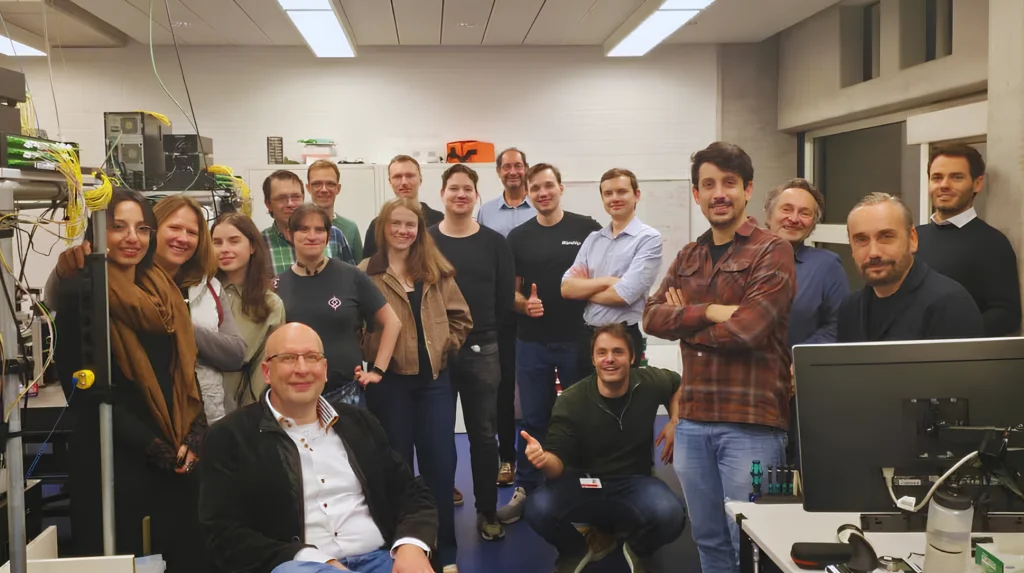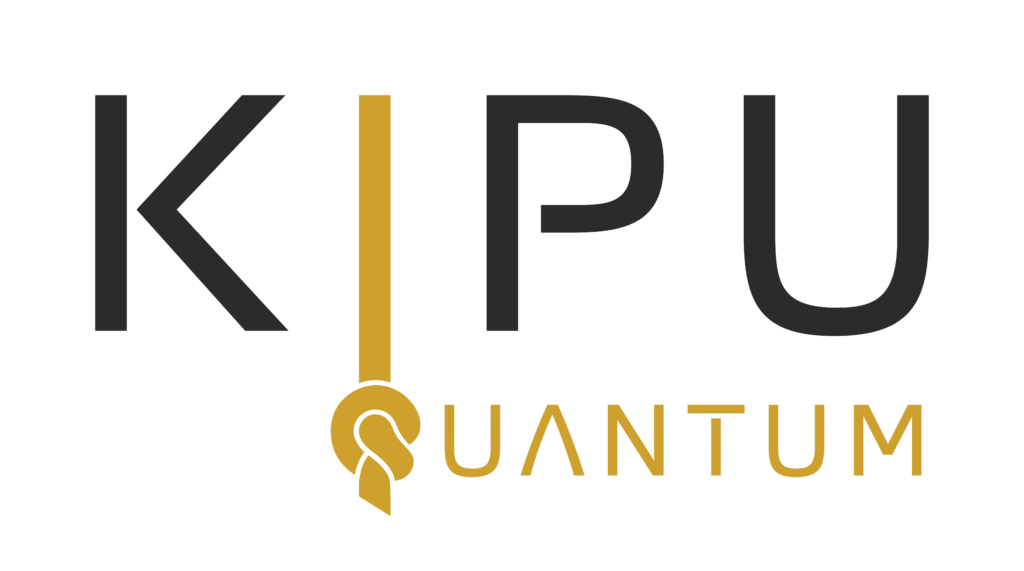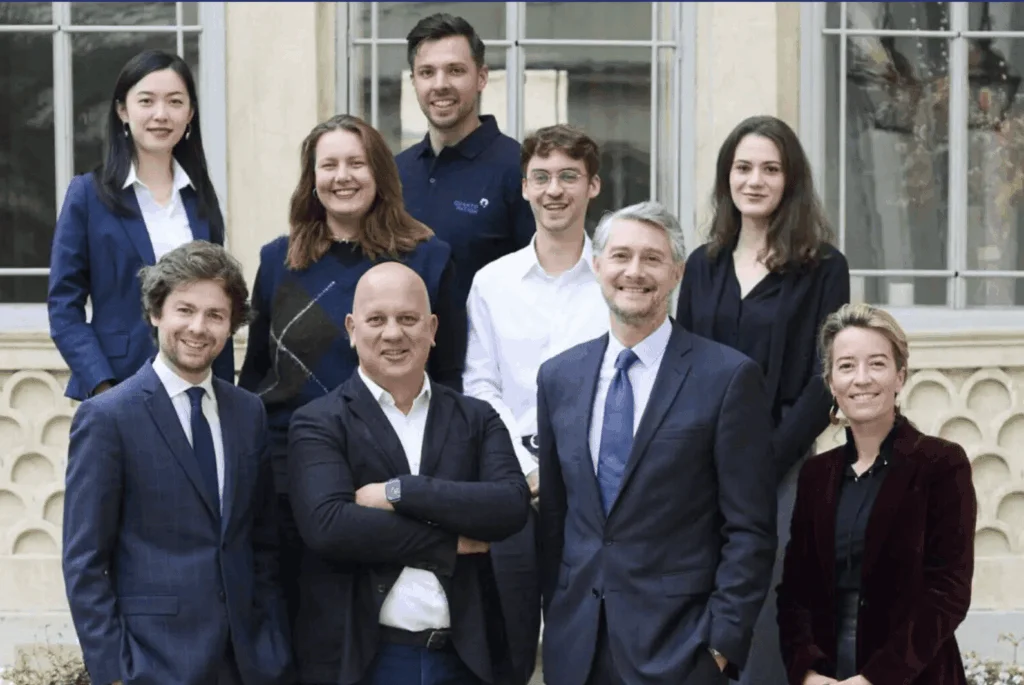Insider Brief:
- ETRI, in collaboration with KAIST and the University of Trento, developed an 8-photon silicon photonic integrated quantum circuit, achieving 6-qubit entanglement, with future plans for scaling up to 32 qubits.
- The silicon photonics quantum chip technology enables efficient manipulation of photonic qubits, providing scalability, room-temperature operation, and low energy consumption.
- This research is part of ETRI’s initiative, supported by Korea’s National Research Foundation, to advance silicon photonics-based quantum computers, with plans to work towards cloud-based quantum computing services and larger-scale quantum systems.
PRESS RELEASE — A group of South Korean researchers has successfully developed an integrated quantum circuit chip using photons (light particles). This achievement is expected to enhance the global competitiveness of the team in quantum computation research.
Electronics and Telecommunications Research Institute (ETRI) announced that they have developed a system capable of controlling eight photons using a photonic integrated-circuit chip. With this system, they can explore various quantum phenomena, such as multipartite entanglement resulting from the interaction of the photons.
ETRI’s extensive research on silicon-photonic quantum circuits has led to the demonstration of 2-qubit and 4-qubit quantum entanglement, achieving the best performance from a 4-qubit silicon photonics chip. This achievements resulted from their collaborative effort with KAIST and the University of Trento in Italy and were published in the prestigious scientific journals, Photonics Research and APL Photonics.

As a further advancement, ETRI recently demonstrated 6-qubit entanglement using a chip designed to control 8-photonic qubits. The 6-qubit entanglement represents a record-breaking achievement in quantum states based on a silicon-photonic chip.
Quantum circuits based on photonic qubits are among the most promising technologies currently under active research for building a universal quantum computer. Several photonic qubits can be integrated into a tiny silicon chip as small as a fingernail, and a large number of these tiny chips can be connected via optical fibers to form a vast network of qubits, enabling the realization of a universal quantum computer. Photonic quantum computers offer advantages in terms of scalability through optical networking, room-temperature operation, and the low energy consumption.
A photonic qubit can be encoded using a pair of propagation paths of a photon, with one path assigned as 0 and the other as 1. For a 4-qubit circuit, 8 propagation paths are required, and for 8 qubits, 16 paths are needed. Quantum states can be manipulated on a photonic chip, which includes photon sources, optical filters and linear-optic switches, and are finally measured using highly sensitive single-photon detectors.
The 8-qubit chip includes 8 photonic sources and approximately 40 optical switches that control the propagation paths of the photons. About half of these 40 switches are specifically used as linear-optic quantum gates. The setup provides the fundamental framework for a quantum computer by measuring the final quantum states using single-photon detectors.
The research team measured the Hong-Ou-Mandel effect, a fascinating quantum phenomenon in which two different photons entering from different directions can interfere and travel together along the same path. In another notable quantum experiment, they demonstrated a 4-qubit entangled state on a 4-qubit integrated circuit (5mm x 5mm). Recently, they have expanded their research to 8 photon experiments using an 8-qubit integrated circuit (10mm x 5mm). The researchers plan to fabricate 16-qubit chips within this year, followed by scaling up to 32-qubits as part of their ongoing research toward quantum computation.
Yoon Chun-Ju, Assistant Vice President of the Quantum Research Division of ETRI, said, “We plan to advance our quantum hardware technology for a cloud-based quantum computing service. Our main goal is to develop a lab-scale system to strengthen our research capabilities in quantum computation.”
Lee Jong-Moo with ETRI’s Quantum Computing Research Section, who led this achievement, stated, “Research for the practical implementation of quantum computers is highly active worldwide. However, extensive long-term research is still needed to realize practical quantum computation, especially to overcome computational errors caused by noise in the quantum processes.”
Over the past decade, ETRI has achieved significant milestones in the field of quantum technology, including:
- transmission of wireless quantum cryptography communication (100m)
- development of quantum computing compiler technologies
- standardization of quantum cryptography transmission systems in collaboration with the three major Korean telecom companies
- development of key technologies for quantum internet operating at room temperature
- technology verifying cryptographic quantum security
- development of quantum algorithms for post-quantum cryptography and demonstration of the entire post-quantum approach
- acquisition of high-speed homomorphic encryption chip technology
Currently, ETRI has emerged as a global leader, concentrating on quantum computation, communication, and sensors, with a strong emphasis on the development and commercialization of quantum technologies.
The silicon photonics quantum chip research has been conducted as part of ETRI’s in-house New Concept Research Project, “Exploration of Silicon Photonics-Based Quantum Computer,” and is supported by the National Research Foundation of Korea as part of their Quantum Computing Development Project.
About Electronics and Telecommunications Research Institute (ETRI)
ETRI is a non-profit government-funded research institute. Since its foundation in 1976, ETRI, a global ICT research institute, has been making its immense effort to provide Korea a remarkable growth in the field of ICT industry. ETRI delivers Korea as one of the top ICT nations in the World, by unceasingly developing world’s first and best technologies.















